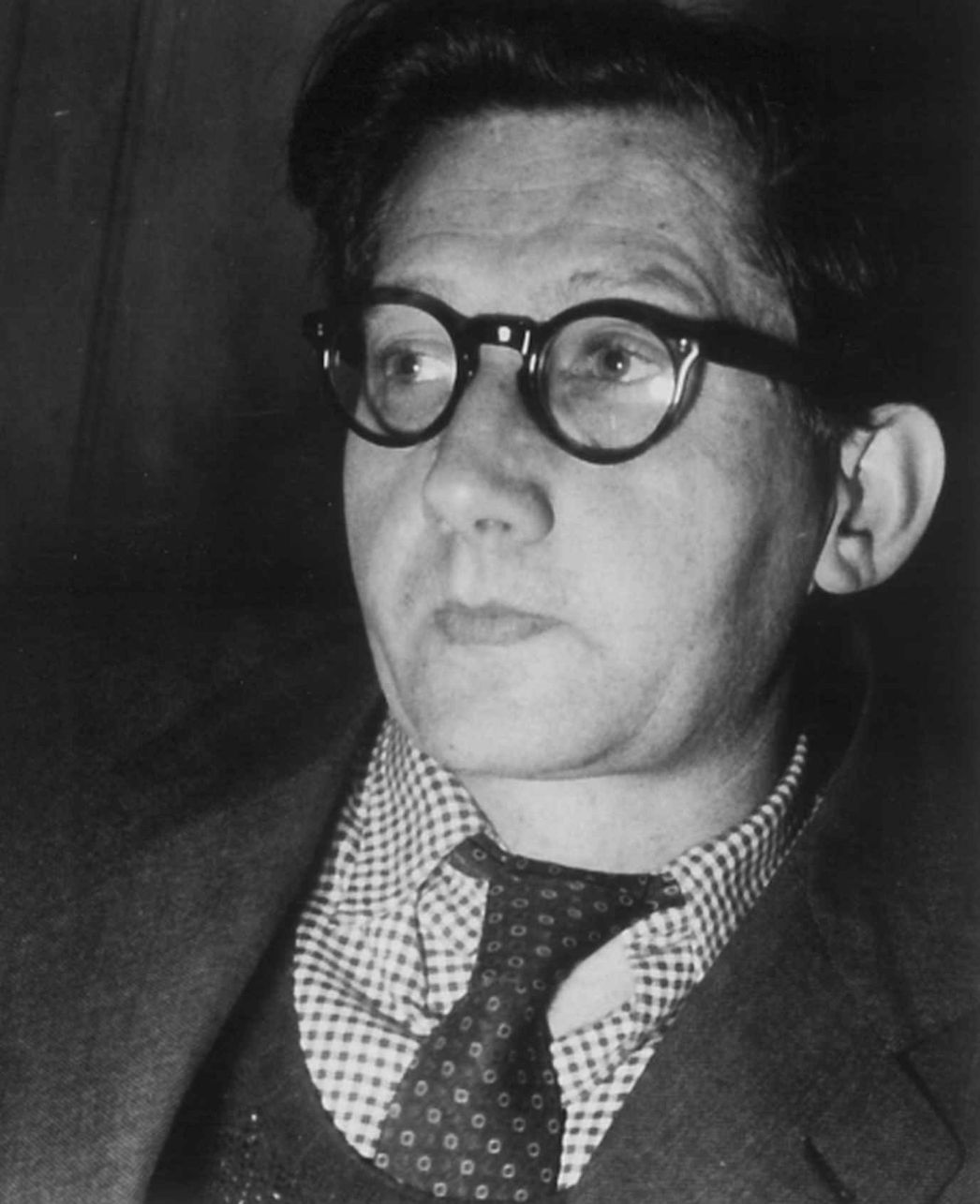
Rudi Supek was born in Zagreb on 8 April 1913, the son of a chimneysweep. He studied philosophy, culture and art history at the University of Zagreb. From 1933 he worked in the Central Committee of the Communist Party of Yugoslavia. In 1938 he began studying psychology in Paris. He helped to collect and recruit Yugoslav communists in France for the Spanish Civil War.
On 30 April 1942 Supek was arrested by the French police, who handed him over to the Gestapo in May 1943. He was incarcerated in the Compiégne camp and in January 1944 deported from there to Buchenwald Concentration Camp. There he worked in the illegal international camp committee and gave political speeches.
Supek remained in Germany until September 1945, working on the camp newsletter Nas glas ("Our Voice"). In 1946 he moved to Paris; between 1947 and 1950 he was an editor of the newspaper Nova Jugoslavija, which was published in Paris. In the summer of 1950 he returned to Zagreb and became a lecturer at the faculty of psychology there. In 1952 he co-founded the magazine Pogledi ("Viewpoints") which engaged in a critical manner with psychology, sociology and scientific theory, and was eventually banned by the Yugoslav government. In 1958 he was elected as a senior research fellow in the newly founded institute for social sciences in Belgrade. In 1963 he was a co-founder of the Korčula Summer Schools – congresses of European and American social scientists including Ernst Bloch, Herbert Marcuse, Mihailo Markovic, Georg Lukács, Leszek Kolakowski, Günther Nenning, Ossip K. Flechtheim, Jürgen Habermas, Iring Fetscher. The contributions were published in the magazine Praxis, which was banned in 1974. On 30 September 1979, following conflicts with government agencies on the restriction of the autonomy of the universities, he retired. He continued to carry out scholarly work, engaging in the development of an unbureaucratic, undogmatic and democratic socialism.
Rudi Supek died in Zagreb on 2 January 1993.


